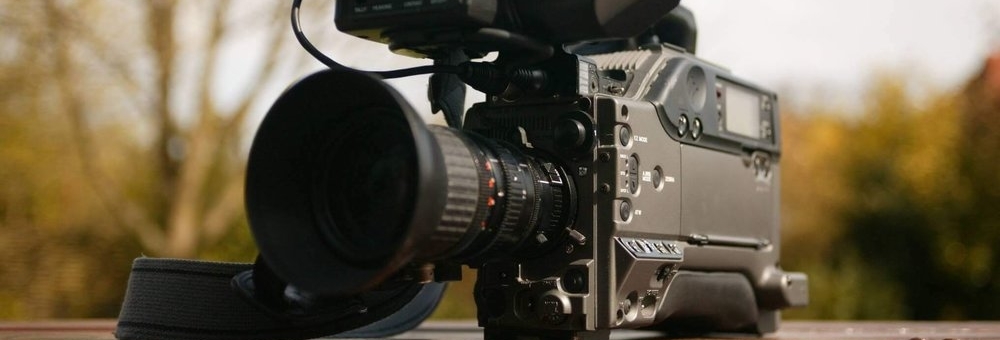
I get asked a lot by many people with exposure to the media if I have any media training tips. My usual response is “yes…what do you need help with?”. The media is a broad church. How you communicate via Twitter is going to be very different than how you communicate via a live interview on Newsnight…and I’ve advised my clients on both.
However, there are a few key themes that should structure responses regardless of the situation and a few areas that I consider sacred:
- Answer questions and proactively look at future action – Politicians who are evasive don’t do a good job by sidestepping a question and answering their own. Don’t make the same mistake.
- Don’t issue statements – Delivering your message in person adds weight and shows you’re committed. If a message is worth delivering, deliver it!
- There’s no substitute for experience but without it, Practice – Practice what you’ll say, practice what you may be asked and practice in a similar environment
- Look professional and sound sincere – The way you look and how you sound are just as important as what you say
- Always stay on point – Make sure you’re consistent in your message. That doesn’t mean regurgitate a sentence from one interview to the next. It does mean the point needs to be made to all stakeholders – do not deviate from it. Especially not internally
So there are a few media training tips for you to consider. Some are oldies but goodies others are more specific but all come from experience.
I’d advise any person with potential media exposure to get professional media training advice. You don’t want to invest time and energy into your business to fail under the spotlight. We have professional current and former journalists (BBC, Newsnight, Sky News and more) that tailor sessions to your requirements. We offer crisis media training and corporate video production if you have any questions about us or the service we provide please get in touch.
Call us on: 0115 955 3989 or 0203 770 7549
Send a message to one of the team
